Dodano do koszyka
Sprawdź również
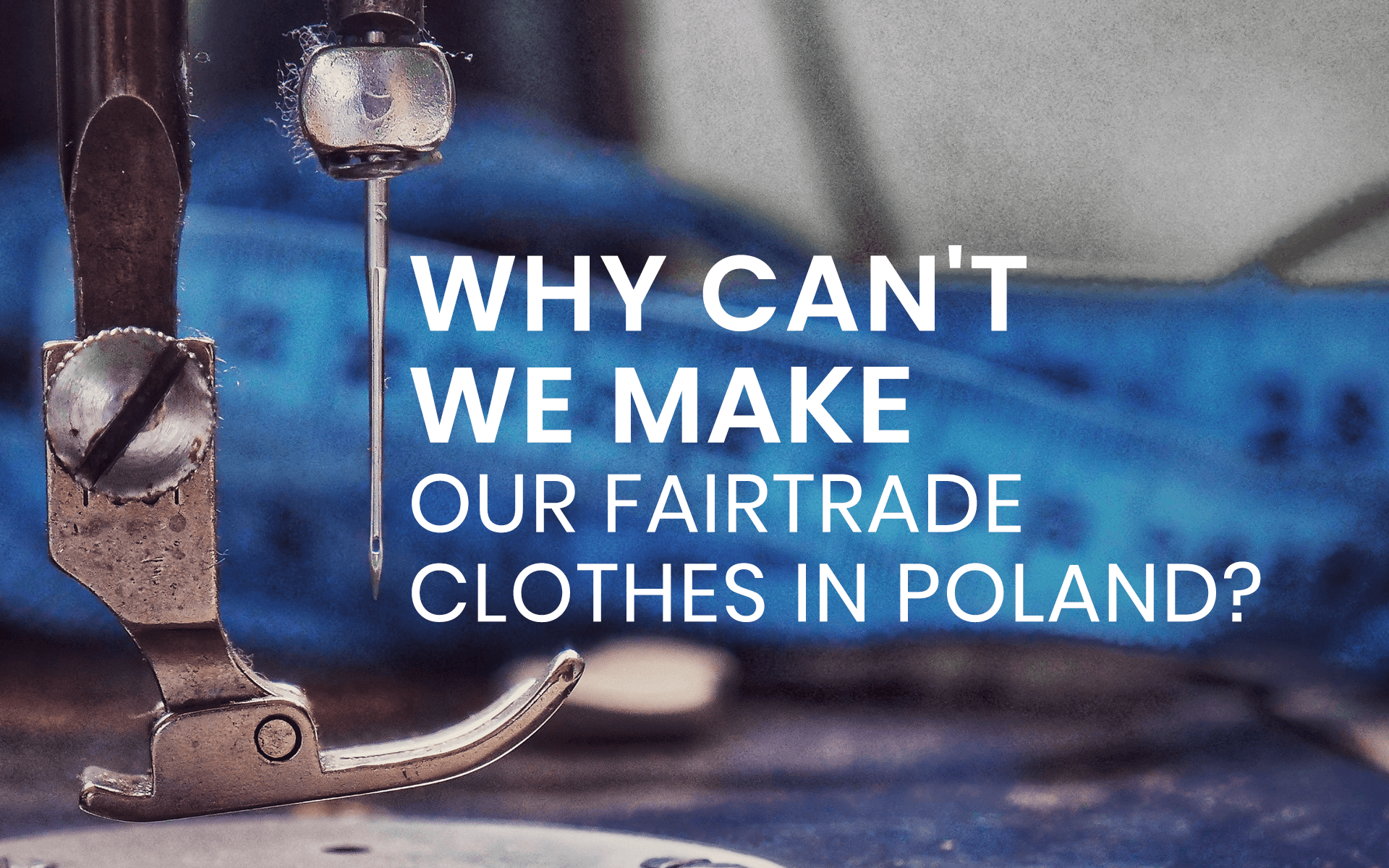
What do you think when you hear about clothes made in India? Fast fashion? Child exploitation? Overwork and social injustice? And how aboutPoland? How do you envision sewing rooms in Poland? Prestigiousfactories? High-quality clothes? Fabrics of the best quality? If this is how you picture the fashion industry, please excuse us –this text will blow your mind.
Since the beginning of our journey towards the Fairtrade certificate, we knew why we were doing it. We wanted our actions to support the economy of countries of the Global South. We have been making clothes for so many years, but still – at the back of our heads – we had two pictures: one showed Polish seamstresses sewing clothes from the best quality fabrics, who thanks to their experience do it almost unbeatably, and the second – a sewing room in India, where although workers' rights may not be violated, we would not call it "modern". In both cases, however, it is possible to come up with mistaken assumptions.
Aswe were moving to the next levels of the Fairtrade certificationprocess, we were also wondering how to meet the successiverequirements... Everything was going smoothly. Up to the point thatradically changed our perception of "sustainable" – localfashion. It turned out that as long as we make our clothes in Poland,the certificate is out of our reach. Why is it so? Because Polishsewing roomsarenot Fairtrade certified. In theory – what do they need thecertificate for? In practice? Not everything was so clear-cut ...
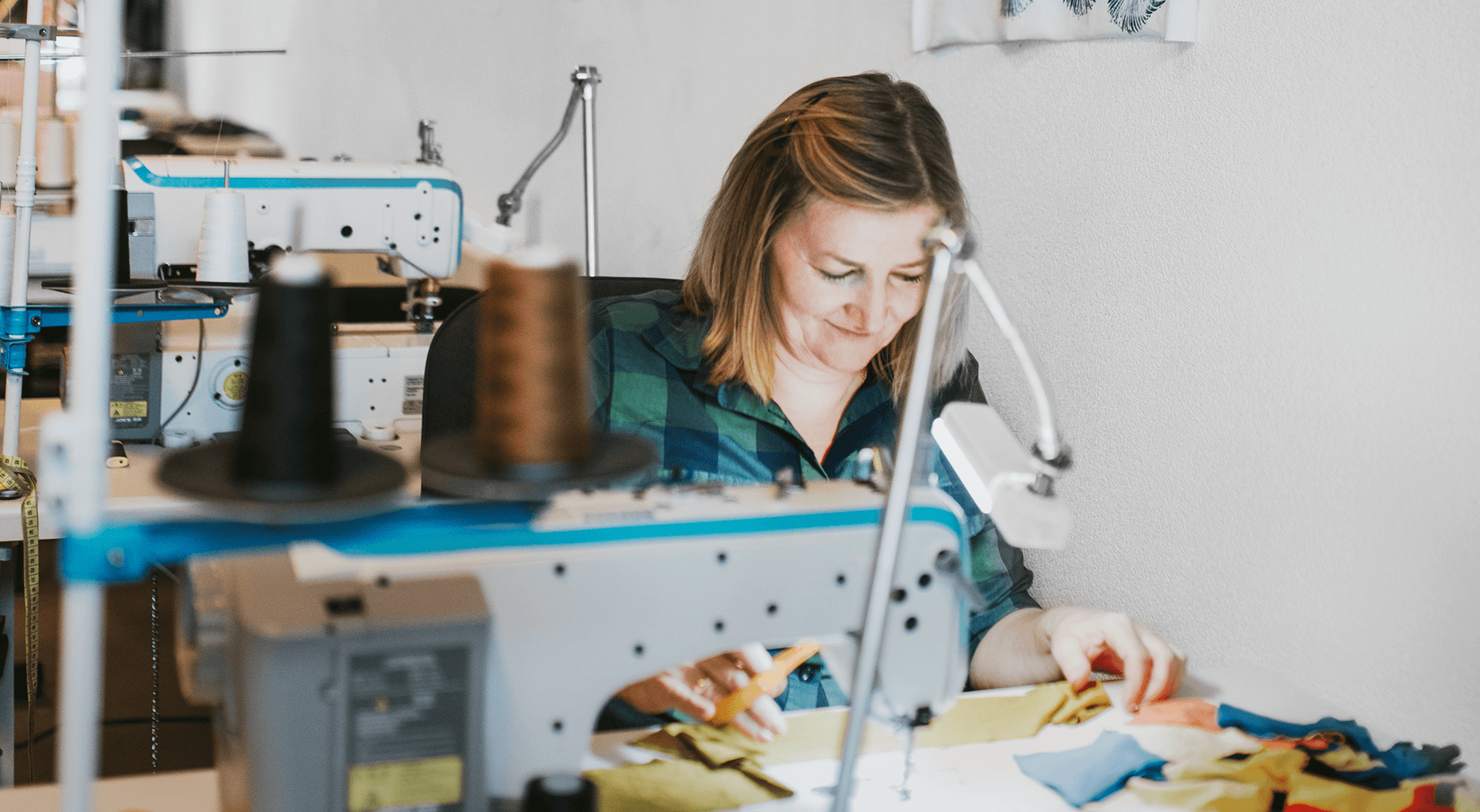
Weconsidered familiar Polish sewing rooms asour role model (maybe it’s just us and our experience) –seamstresses earned decent wages and had work contracts – it seemsthat no extra Fairtrade certification (i.e. de facto protection) isnecessary. We wanted to sew in a sewing room which – thanks to theaward of the Fair Trade Coalition – would receive the support thatwould reallyimprove the living conditions of its employees. Although in the endthe production of blouses in India had turned to be more expensivethan making them in Poland (due to expenses related to customs,transportation, documents and arrangements), we did not raise theirprices. We wanted to be fair.
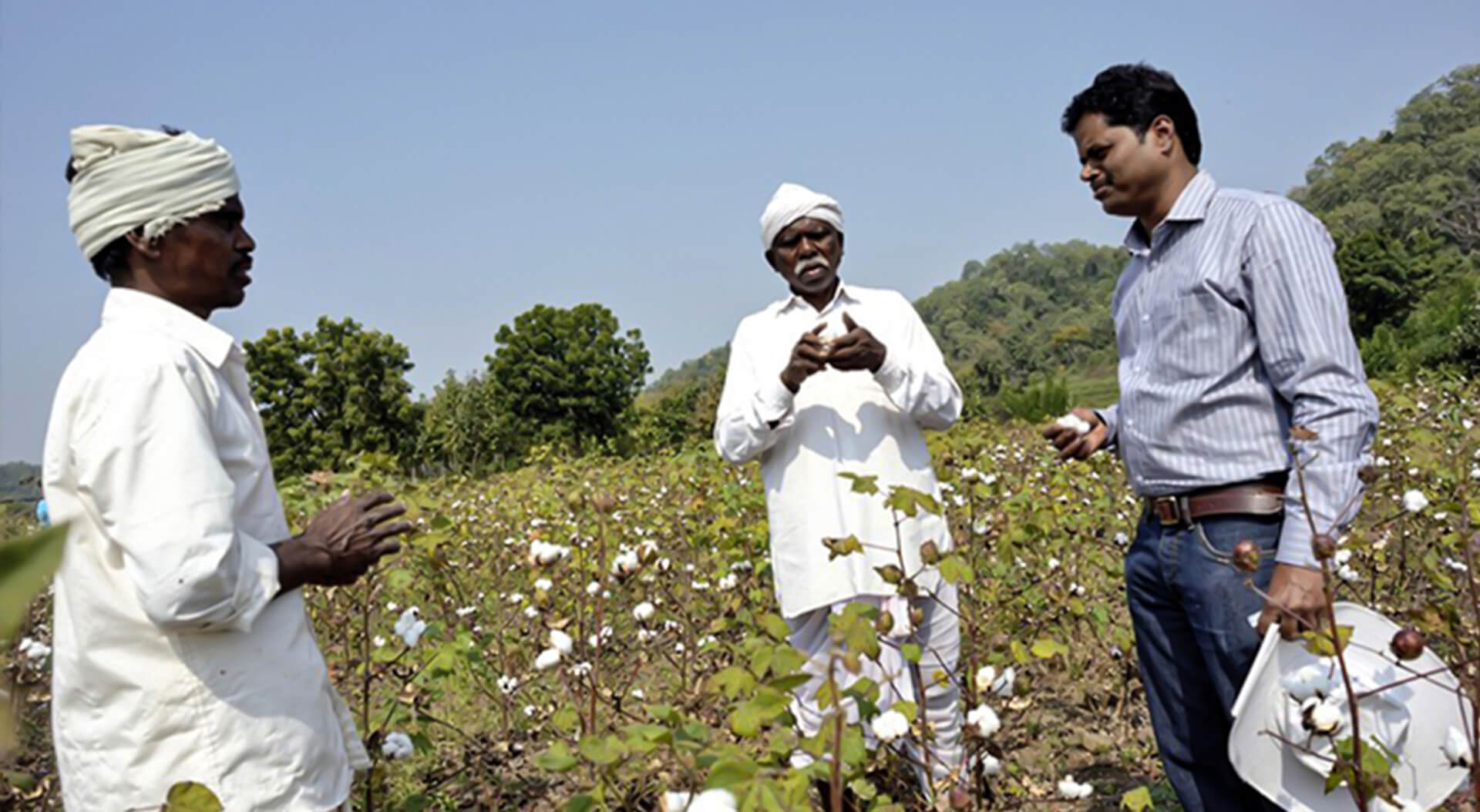
Wewanted to be fair and make sure that the clothes we make for ourclients are harmless to those who make them. Therefore, we had tofind a sewing room that would give us a guarantee –and we found and still find the Fairtrade certificate as the bestguaranteeof good practices.
Thatis how we got in touch with the Reacher Apparels sewing room fromIndia that was recommended to us. After more than two years ofarrangements, inspections and negotiations, we were sure that theproduction of clothes in that place –in India, would be sustainable (and certified). At the same time, ourheart was broken as we could not do it in Poland1.In the meantime, thanks to the Kupuj Odpowiedzialnie Foundationproject, we had been learning more and more about poor workingconditions in some Polish sewing rooms.Questions popped out: are Polish seamstresses really in a difficultsituation, are their rights not respected? The media was silent. Andso were the seamstresses. It turned out that Polish factoriesalso require support.
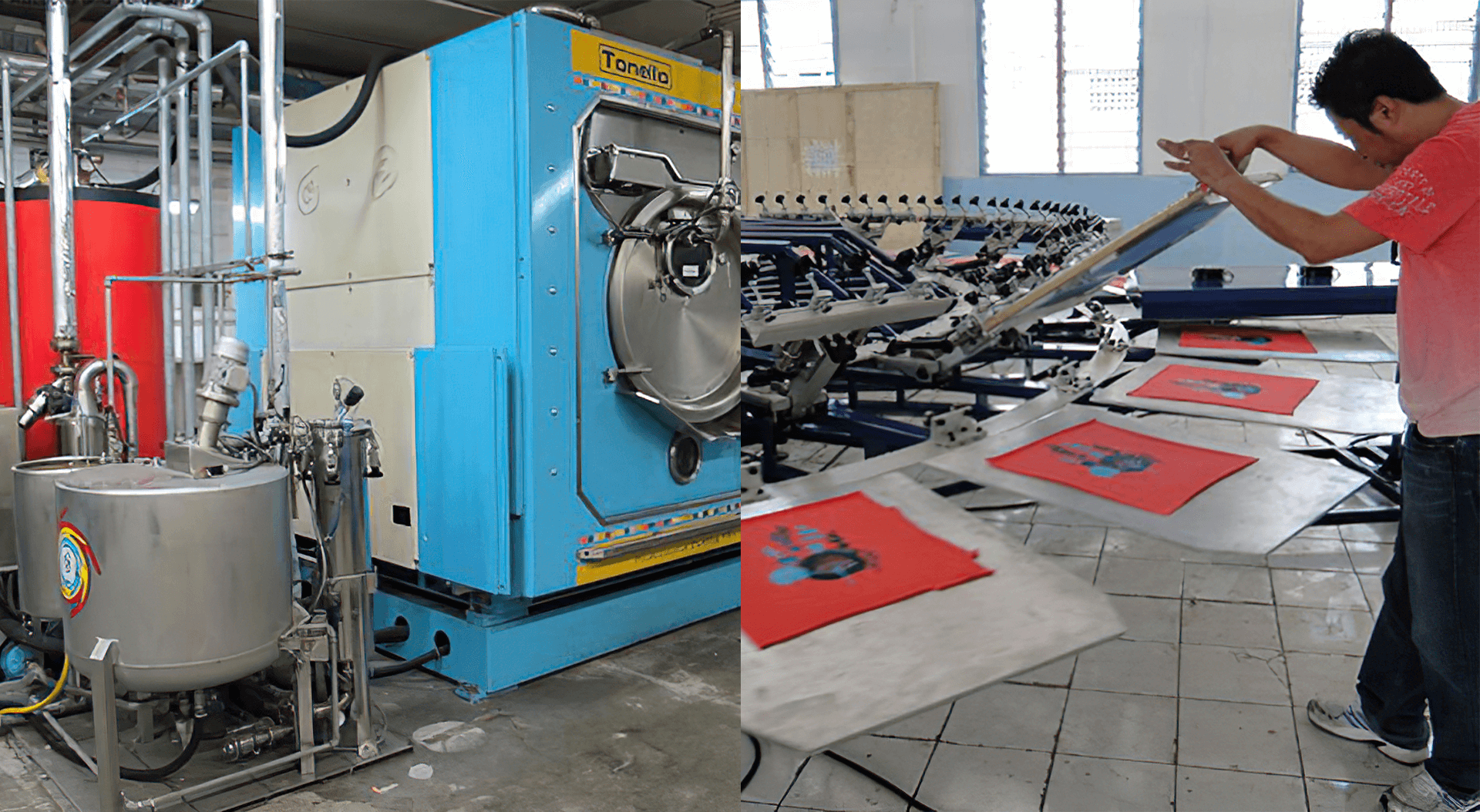
Workingwith Reachers was a surprise to us – a positive one, of course. Thecompany has been developing dynamically, it passes smoothly audits,new plans, ideas and investments keep on popping out. Theiremployees– on top of the basic benefits package – receive extra benefits,their rights are respected, and all contracts are transparent. Wewere also surprised by their attitude to ecology. Reacher Apparels isnot only Fairtrade certified, but also GOTS (GlobalOrganic Textile Standard)certified – and that’s one more important award confirming the"honesty" of fabrics. We had no problems with contactingsewing room representatives, receiving information or introducing ourideas. The cooperation was promising from the very beginning.
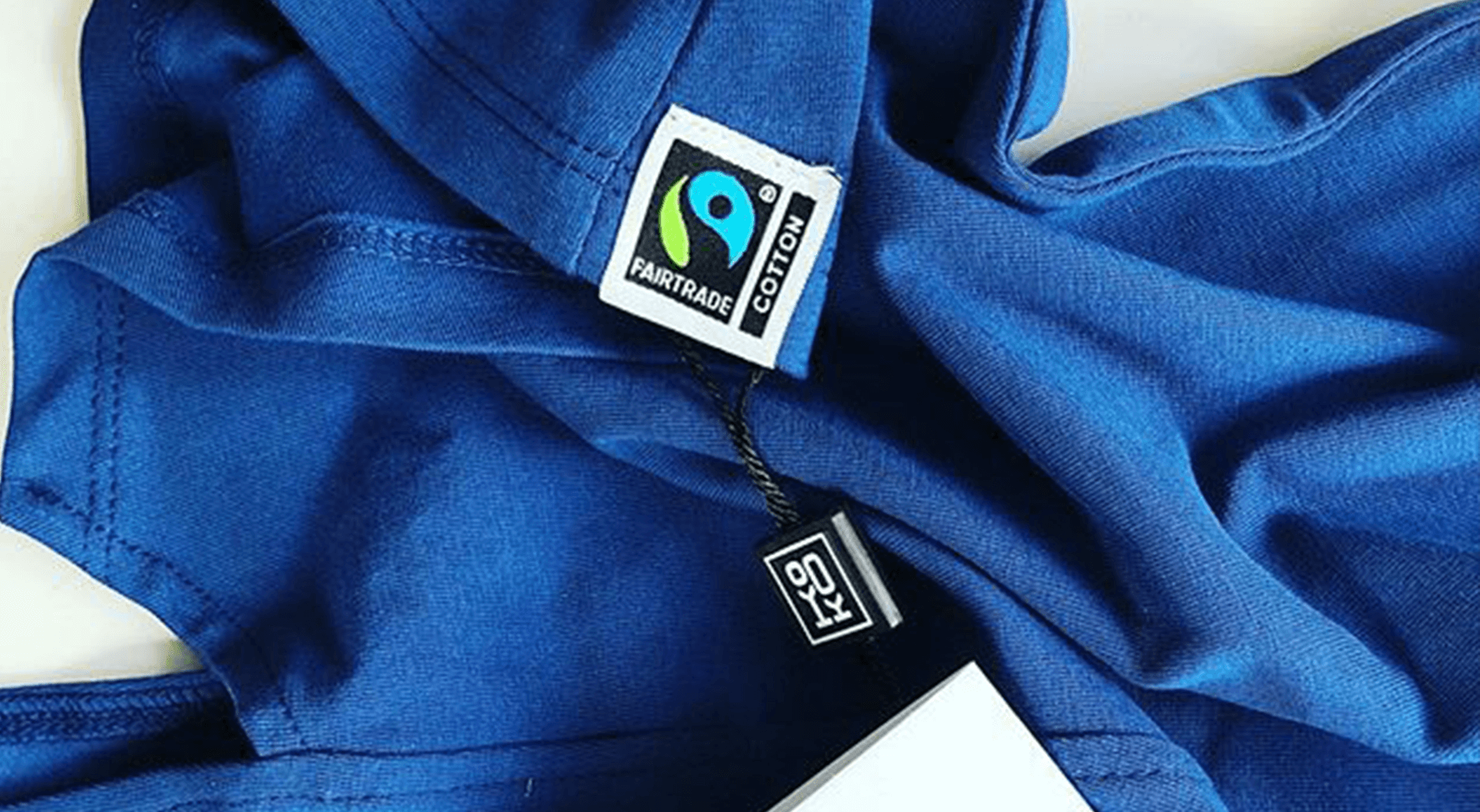
Eventhough the cooperation with Reacher Apparels2 was (and is) going great, we were still bothered that we can’t sewin Poland if we want to go Fairtrade. Sure – choosing sewing roomson our own, investigating their attitude to workers' rights, laborlaw, and environmental laws have always been an option. But still,none of them wereFair Trade Coalition certified (i.e. our clothes could not becertified, and therefore – would not support the economies of thecountries that need it most). The sewing rooms we have always beenworking with on a daily basis are small family businesses – they donot apply for such „a high honors”as the Fairtrade certificate. They are also artists who sew on asmall scale – they simply pursue their passion. Huge factories thatcould gofor the Fairtrade certificate don't do it at all. Why?
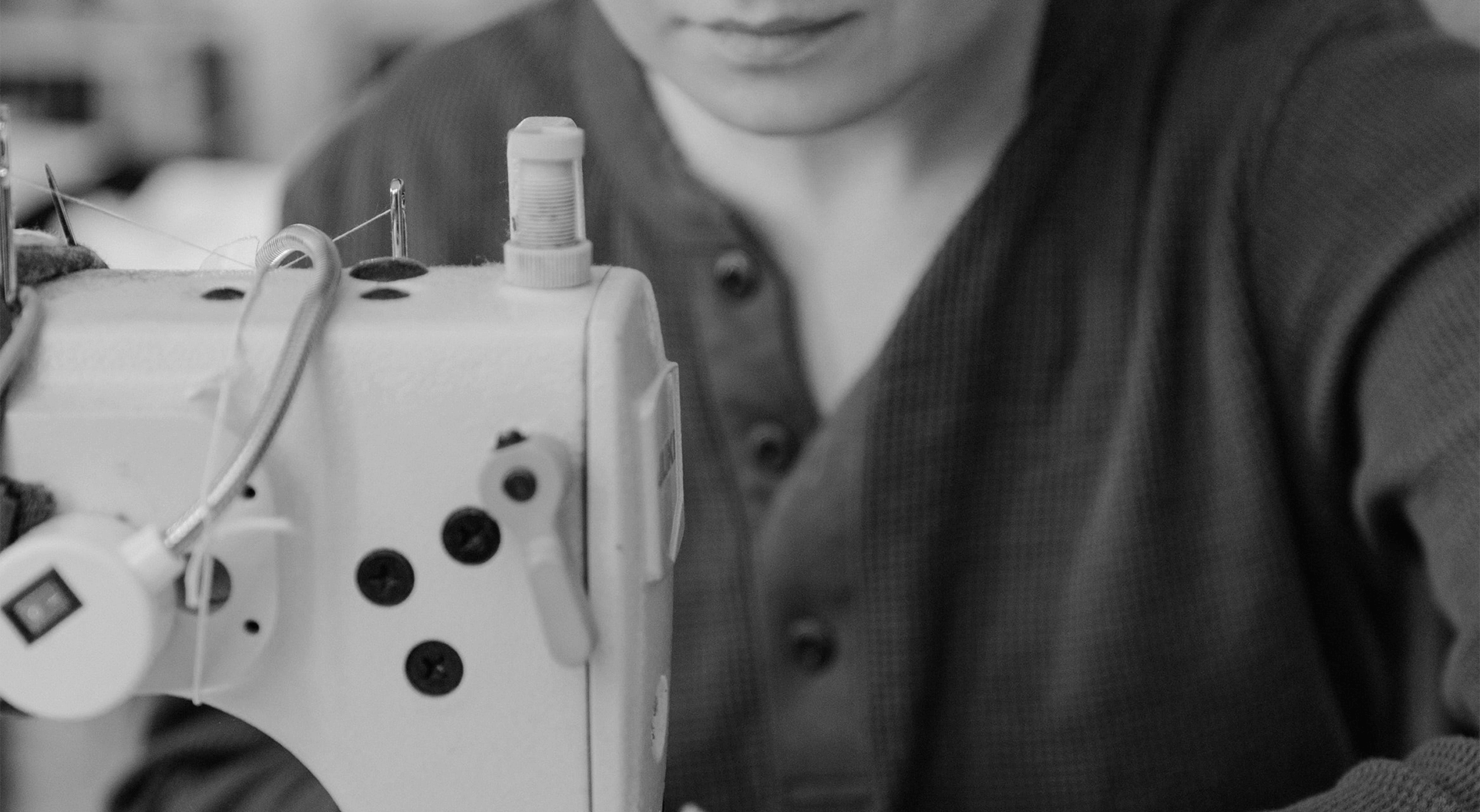
Andhere the history begins to speedup– it was about two years ago when Polish seamstresses startedtalking about the backstage of their work, although the firstinformation on poor conditionsin sewing rooms had already appeared a little earlier. At thebeginning, the women were very waryin telling their stories (because who would like to have their faceassociated with humiliating events) and reluctant to call things bytheir names and speak directly – I wasexploited, my rights were violated, I was afraid. In interviews andreports, doneamong others by Grażyna Latos in cooperation with the KupujOdpowiedzialnie Foundation3,the first texts were written and published. Itwasreported that women in Polish sewing rooms experience mobbing,intimidation and humiliation. Health and safety standards areviolated – employees work in unventilated rooms, sit on unadaptedchairs – several hours a day. Even if they do have work contacts,extrahours are not paid and may be reimbursedonly with "days off" – if the management allows it.Employees work in diapers as they are accounted for every visit in atoilet. They work for a few zlotys per hour.
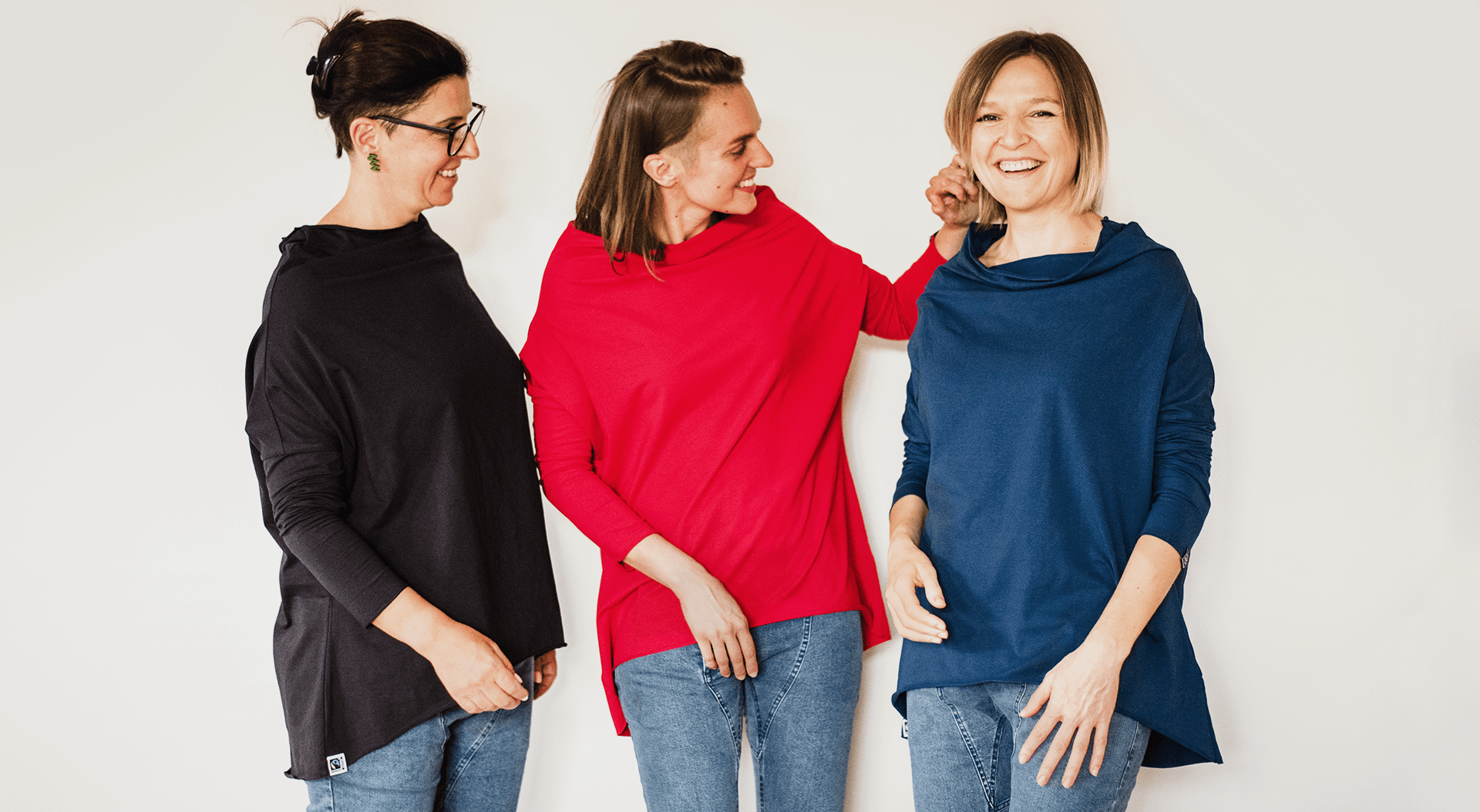
Wecannot say that we know how Polish seamstresses feel – none of uswalk n their shoes. But we can still try to understand them and doour best to fight against wicked working conditions and exploitation.Where should we start? Let’s listen to the experts. We trust theKupuj Odpowiedzialnie Foundation – we trust in their reports andprojects. We check where our clothes are made, we ask bold questionsto producers – also on social media (although it may seem “jejune”,believe it – it changes a lot).
Let'snot be afraid to show support – and yes, let's do it on a largescale – let's share posts with information about the workingconditions of Polish seamstresses. And let's also not forget aboutpositive changes – let's give a high-five to them! Let's showsupport to the seamstresses we know – how about designing yourpiece of clothes and giving it to them or bringing them clothes thatneed minor amendments? Let's listen, let’s be compassionate, andmake wise choices. Change has never been so dependent on ourdecisions and actions.
Example?Thanks to joint KOKOworld and the Kupuj Odpowiedzialnie Foundationinitiative the hotline for Polish seamstresses was launched – as apart of the support, women can talk about their – often difficult –experiences related to working in sewing rooms. These conversations,while keeping a woman's identity confidential, are also a crucialsource of information on the Polish fashion industry.
1 Companies that apply for Fairtrade certification for their products must produce them in places recognized as fair by the Fair Trade Coalition.
2 Read more on our cooperation with Reacher Apparels
3 Please take your time to read those texts:

Sustainable production

Responsible materials

Eco shipping

14 days for return